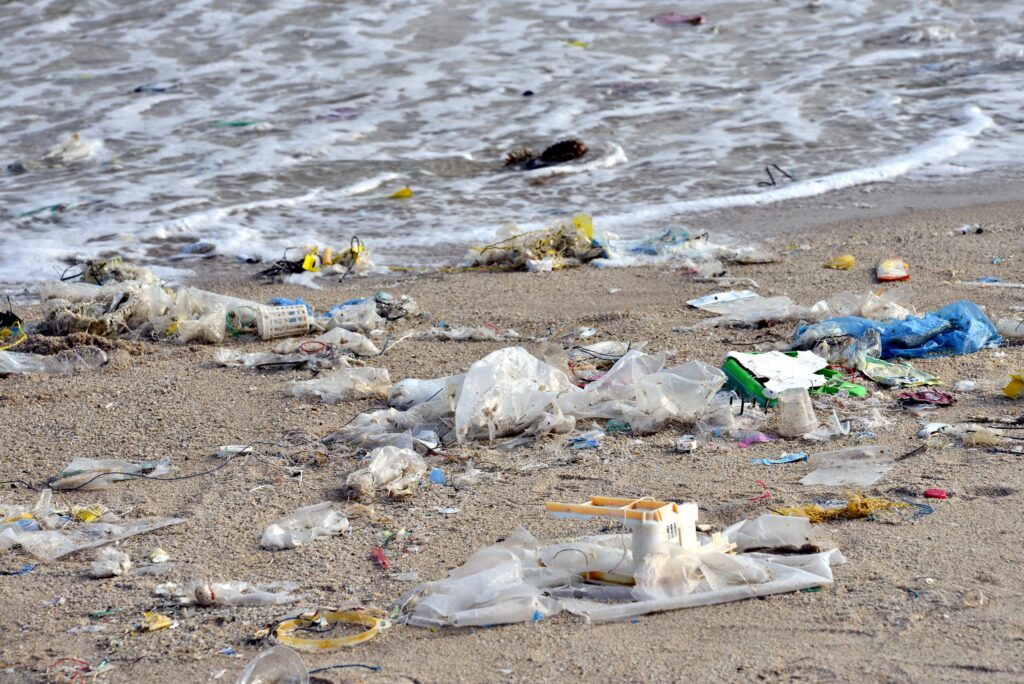Asia needs more talent amid drive towards green economy
Race for scarce talent in green finance looming in Singapore
In a commentary, Prof Sumit Agarwal, Managing Director, Dean’s Chair and Assoc Prof Johan Sulaeman, Director, and Assoc Prof Zhang Weina, Deputy Director and (all from the Dept of Finance and the Sustainable and Green Finance Institute) explain why we need more talents in green finance. NUS also recently launched the MSc in Sustainable and Green Finance programme.
Green to gold: Introducing the MSc in Sustainable and Green Finance at NUS Business School
NUS Business School recently launched a brand new Master of Science Programme in sustainable and Green finance. Associate Professor Weina Zhang, Academic Director of the MSc in Sustainable and Green Finance shared more details about the program and the state of sustainability in Asia.
Sustainable Singapore: Growing the next generation of sustainability professionals
Associate Professor Zhang Weina shared about the new MSc programme launched by NUS Business School and SGFIN recently. She also shed lights on the future green economy and skills required and who can apply to the new programme.
A carbon scorecard to help people make environmentally-friendly day-to-day choices
In its 2022 Budget announcement, Singapore will raise carbon price from $5 to $50-$80 per tonne of emissions by 2030. Consumers are the trigger to all supply chains and should participate fully in the transition from carbon-intensive products to a modern, sustainable economy. Professor Sumit Agarwal proposed the development of a carbon scorecard for individuals to help them understand the carbon impact of their consumption choices and motivate them towards adjusting their behaviour in response.
How to convince people to save electricity
Prof Sumit Agarwal, Managing Director of SGFIN and his team investigated the effectiveness of Singapore’s energy campaigns in catalysing desired behaviours in the local population, and demonstrated that interventions which communicated economic gains clearly were more effective than those that did not.
SGFIN and NUS Business School launches MSc SGF
The National University of Singapore (NUS) has launched a new Master of Science in Sustainable and Green Finance (MSc SGF) programme to nurture new talents to combat environmental and sustainability challenges through financial solutions and services. Launched by NUS Business School in collaboration with the Sustainable and Green Finance Institute (SGFIN) at NUS, the MSc SGF programme is the first MSc programme offered among leading Asian universities that focuses on sustainable and green finance.
“Many green finance experts were trained in the West. Asia needs its own indigenous finance talents with the right institutional knowledge to tackle environmental and sustainability challenges while balancing the needed economic development. We are excited that NUS is at the forefront in introducing a full-fledged Master’s programme in Sustainable and Green Finance in Singapore and Asia,” said Associate Professor Zhang Weina, Academic Director of the MSc SGF programme and Deputy Director of SGFIN.
Training Experts in Sustainable and Green Finance
As global thinking shifts towards sustainable investing, there are significant opportunities for Singapore to reap the rewards of a greener economy. But there are still gaps in the picture. A key step in changing the green economy landscape is to nurture talents who can shape the future for better environmental and social outcomes, both in Singapore and beyond. Associate Professor Zhang Weina and the Director of MSc Programme Aaron would share more in the coming information sessions about the new master programme.
NUS to establish Sustainable and Green Finance Institute to drive green finance education and research
The National University of Singapore (NUS) will be establishing a new research institute that will develop deep research and capabilities in the area of green finance and sustainability with an eye on Asia. The Sustainable and Green Finance Institute (SGFIN) will provide thought leadership and shape sustainability outcomes and policymaking across the real economy and financial sectors. SGFIN is supported by the Monetary Authority of Singapore (MAS) and is expected to be fully operational before the end of the year. It will be helmed by NUS Business School faculty members Professor Sumit Agarwal, who will be the Institute’s Managing Director, Associate Professor Johan Sulaeman as its Director and Associate Professor Zhang Weina as its Deputy Director.
What We Need to Do to Make Green Finance Work
Mr Ravi Menon, Managing Director for Monetary Authority of Singapore gives his Keynote Speech at Financial Times Investing for Good Asia Digital Conference on 8 September 2021
“The Earth has a deadline. Let’s make it a lifeline”. These are the words on the Climate Clock in New York’s Union Square. Instead of measuring the time of day, this clock measures the time remaining to reduce greenhouse gas emissions and mitigate the catastrophic effects of climate change. We have less than ten years to cut emissions by nearly half and less than thirty years to reach net zero, in order to keep global warming to within 1.5 degrees Celsius above pre-industrial levels.
Climate change is already happening; it is rapid, widepsread, and intensifying. The recent report by the United Nations Intergovernmental Panel on Climate Change is sobering. Global warming has already reached 1.1 degrees Celsius above pre-industrial levels, the warmest in 125,000 years. With each year’s delay in reducing global emissions, the task will get more difficult and costly.
Climate crisis: Hong Kong, UK and Singapore dive in, but are green bonds just greenwashing?
Assoc Prof Zhang Weina, Deputy Director of SGFIN commented on the risk of greenwashing in the rising of sovereign issuers of green bonds.
Fixing our plastic bag habit
Prof Sumit Agarwal, Managing Director of SGFIN shared the view on single-use plastic bags that have been labelled as one of the biggest polluters, and Singapore is one of the world’s biggest offenders.












